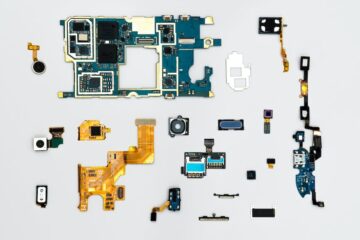Tesla is recalling approximately 134,951 Model S and Model X vehicles that were built before March 2018 to address issues related to their touchscreen displays. The recall comes after the National Highway Traffic Safety Administration (NHTSA) requested that Tesla address the issue, which could increase the risk of crashes.
According to the NHTSA, the touchscreen issue could cause a loss of rearview camera display and affect defogging and defrosting settings on the vehicle. The agency added that the issue could also make it difficult to access safety alerts, emergency response, and Autopilot information.
The recall is expected to begin on March 30, 2021, and will involve installing an updated version of the touchscreen software, which should resolve the problem. The update will be free of charge, and Tesla will notify customers whose vehicles are affected by the recall.
Tesla has had issues with its touchscreens in the past, with some owners experiencing problems related to the screens’ longevity. In June 2020, Tesla faced a class-action lawsuit from some Model S and Model X owners alleging that the touchscreens in their vehicles would fail after the warranty period, rendering the vehicles unsafe to drive. At the time, Tesla responded by offering some customers free replacements for their touchscreen displays, but it did not issue a recall.
Tesla is known for its advanced features, including the touchscreen displays in its vehicles, which are essential to its Autopilot driver-assistance system. However, the company has also faced criticism over the reliability of its touchscreens and other components, as well as its handling of recalls and customer complaints.
Overall, this recall serves as a reminder of the importance of addressing safety issues in vehicles, even when they involve advanced technology. While Tesla is known for its innovative features, it is essential to prioritize safety and ensure that customers can rely on their vehicles to operate safely on the road. The recall also highlights the critical role of regulatory agencies like the NHTSA in ensuring that automakers address safety issues and hold them accountable when necessary.




